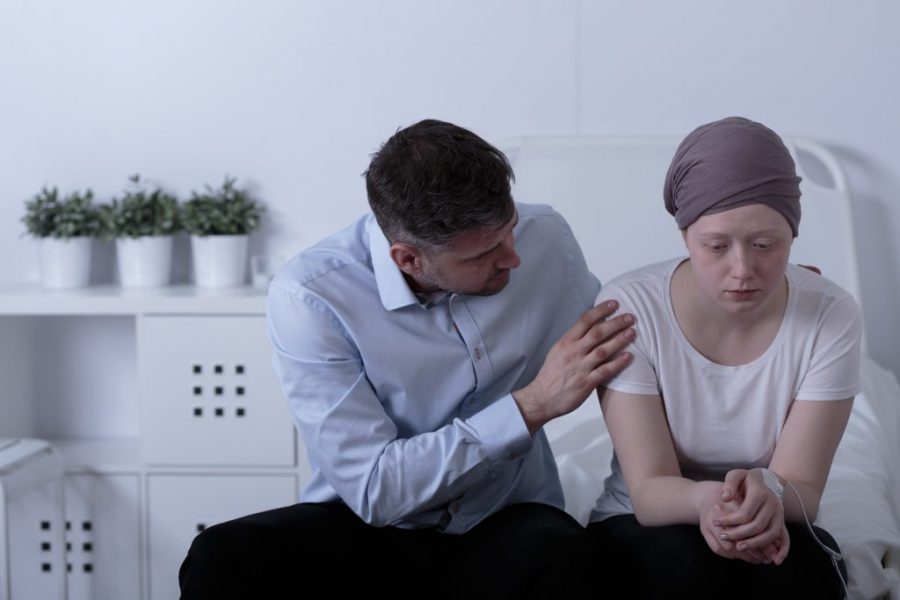
So You Have Taxotere Alopecia … Now What?
A bald head with nary a hair in sight is practically synonymous with one’s struggle with cancer. And for cancer patients, this very public display of a very private battle can be either a source of embarrassment or of empowerment. Nonetheless, it’s a happy day indeed when your hair begins to grow back, as it’s a sign that you have come out on the other side of chemotherapy.
For some cancer survivors, however, that day never comes. The hair that we once loved, which made us feel sexy or whimsical depending on how we styled it, never grows back.
Cancer treatment is associated with various side effects, but permanent alopecia, or hair loss, is one of the most surprising … specifically because cancer patients are often not warned of the risk of permanent hair loss associated with the chemotherapy drug Taxotere.
Thus, permanent hair loss after cancer treatment is sometimes referred to as Taxotere alopecia. If you’ve just discovered that you have Taxotere alopecia, we have some advice for you.
Yes, Taxotere Alopecia Can Affect Your Mental Health
Although you may try to tell yourself that it’s “just hair,” don’t be surprised if Taxotere hair loss causes you to feel depressed. You were looking forward to growing your hair out again as a symbol of your cancer recovery, and now you have a constant reminder of painful chemotherapy.
Plus, your hair has helped to define you throughout your entire life. You could style it anyway you wanted on a whim, and you could use it to create an image of yourself when you went out in public. With that little bit of autonomy taken away from you, it’s normal to feel upset. Sooner rather than later, you should talk with a therapist who specializes in the emotional rollercoaster that cancer patients face.
Finding Ways to Reclaim Your Hair Identity
As part of the emotional healing process, you’ll need to come to terms with your current hair situation.
No hair can actually be a blessing in disguise once you realize how much fun wigs can be. Wigs can be pre-styled, saving you lots of time, or you can style them yourself. They can be any color or cut, and the best part is, wigs these days look very real.
You can also experiment with scarves and hats to express yourself in new ways.
Help Other Cancer Patients
Finally, part of healing from the emotional pain of Taxotere alopecia can involve helping other cancer patients who are going through the same thing as you. Once you’ve reached the other side of this journey, reach a helping hand out to those who have just begun the climb.
You can do this in many ways: by getting involved in support groups, helping to create or distribute wigs, or even by helping with patient education campaigns or lawsuits against the makers of Taxotere, who, according to TruLaw, did not reveal the possibility of permanent alopecia to patients.
Taxotere hair loss can be yet another painful part of cancer treatment and recovery, but there are ways to come to terms with it and to help other patients from suffering the same. Take heart!
